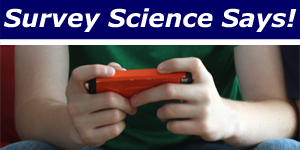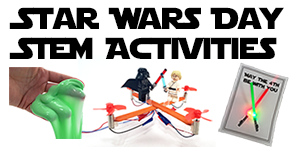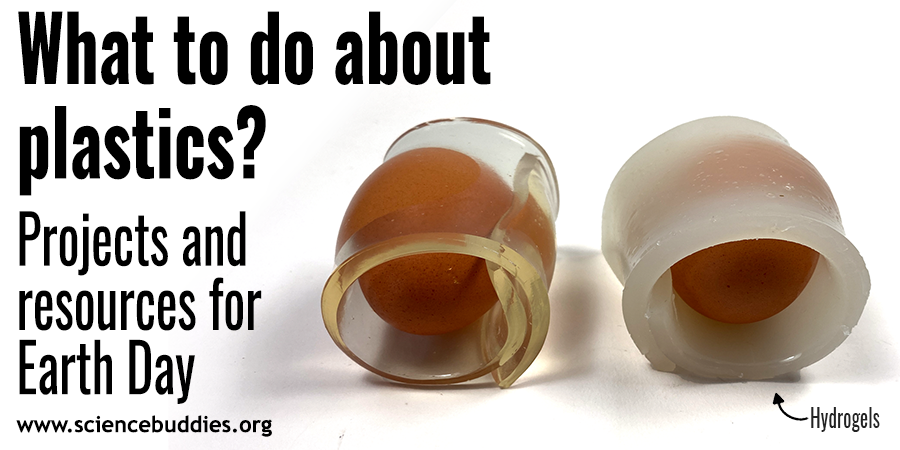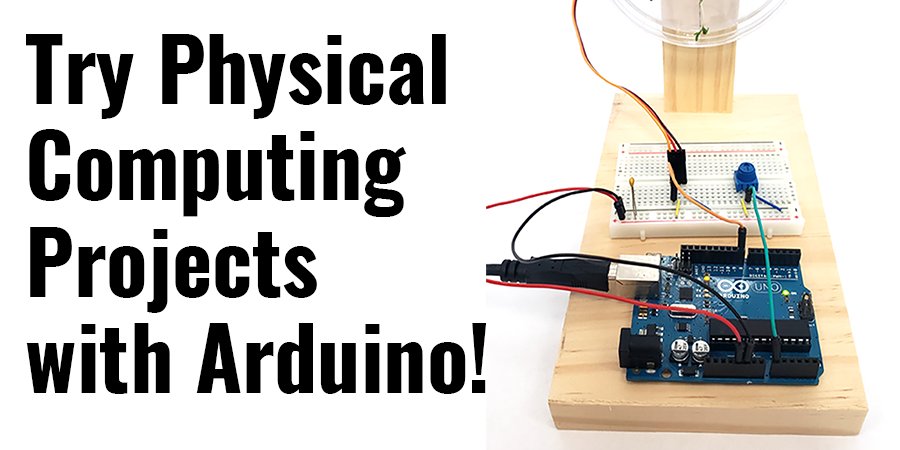Survey Science: Asking Questions and Analyzing Answers to Test a Hypothesis
Using a survey to gather data for a science project can be a lot of fun, but successful survey science takes careful preparation, planning, and data analysis. What will the survey data show?
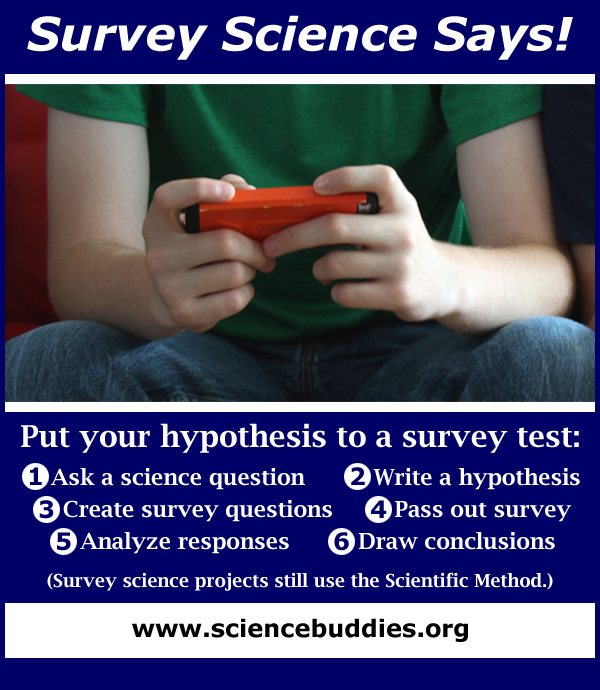
"Survey says!" is a famous phrase used in the classic "Family Feud" television game show. Surveys offer an interesting look at information gathered from a group of participants, and with careful planning, you can use surveys to help investigate a range of science questions. This doesn't mean that you can simply ask friends a random question and call it your science project. A project that involves a survey still needs to follow the scientific method.
As with any science fair project, you need to first have a science question that you want to explore. After doing background research, are you able to come up with a testable hypothesis? (If there isn't any real research you can do, then you are not asking a scientific question!) Can a survey be used to gather data to test the hypothesis?
Many scientists do projects that involve analyzing data sets, and some of these data sets are big. With your own survey project, you most likely won't generate enough data to qualify as big data, but you may still gather enough data to draw insightful conclusions about your topic. The results might even surprise you!
Designing a Survey Project
Asking volunteers to taste test two batches of cookies is a survey of sorts, but in that kind of science project, you are also performing a concrete experiment—making and comparing two different recipes or batches of cookies that have been prepared using a different technique. A taste test then lets you evaluate the results of the test by having a group of volunteers eat the cookies and provide feedback. But having volunteers rank or rate different testing batches (which cookies are better, for example), isn't the same as conducting a survey for a science project that doesn't have any other testing.
In a survey-based project, a survey is used instead of an experimental procedure. The survey isn't used to simply gather feedback on the testing done in the project. Instead, the survey is the project, and the goal of the survey is to gather data. This kind of project will generally be looking at something broader than whether or not recipe A tastes better than recipe B. The scientist will be asking participants to respond to questions and then analyzing the data (responses) in order to draw conclusions and see whether or not the data supports the hypothesis.
Survey Projects are Not a Short Cut
Although they may not have hands-on testing components, survey projects may require a great deal of time. You will need to do a good bit of preparation before designing the survey. Before you open up a survey to participants, you have to be very sure that the questions are exactly as you want them. You can't go back to participants and ask them to "do it again" if you later realize that you made an error in how the questions are presented, are missing certain choices that really needed to be there, or overlooked important information that should have been included.
Designing a really strong set of survey questions, and making sure that the possible answers for each question contain all necessary options, takes a real understanding of your subject, strong attention to detail, and advance planning. See the Science Buddies Designing a Survey resource for guidance in planning your survey questions. Don't forget to think through what data you need to collect about each respondent to help better interpret the data. For example, do you need to know the age of the recipient? (It may depend on your hypothesis.)
As you work on the survey draft, be prepared to test your survey several times. (Be sure and spell check it, too!) If you have people available who will not be part of your survey pool and can test the survey for you, that may be helpful. Their questions or comments on the survey questions and answers can help you spot problems before you distribute the survey for your project. (Make sure preliminary or "test" answers don't get stored as part of your data!)
Once your questions are set, you need to create the actual survey that volunteers will fill out. Will you hand it out in paper form or send it out electronically? If you are using an electronic survey, be sure and think through how you can be sure that respondents only fill out the survey one time. What might happen if individuals take your survey multiple times? This is an important issue to consider when using online tools for a survey.
After developing the survey, you will recruit participants and pass out (or distribute) the survey. You can spread the word about the survey in a variety of ways, including email, text, or even social media. Then sit back and (hopefully) watch the results roll in. How many respondents do you need to be able to draw results that have statistical significance?
Once you have enough results, you will compile and analyze the data based on the survey responses. Since a survey project is all about the data, the data analysis portion of the project is critical. For more information about charts and statistics that may be helpful in analyzing your data, see Data Analysis & Graphs, Summarizing Your Data, and Data Analysis for Advanced Science Projects. Charts will also be very helpful as you prepare any required presentation of the data (like a project display board or maybe an infographic!).
Survey Science Projects
What are you interested in exploring? Social media patterns among certain age groups? Dietary or fitness habits and overall health and weight? Tastes in music and how they relate to age or to the availability of various listening devices and formats? Mobile app usage? Gaming habits? Stereotypes related to gender or age? Environmental awareness? Attitudes toward reading and the use of printed books compared to other formats? There are all kinds of questions that may lend themselves to interesting science projects with a survey component!
The following project ideas are examples of science projects that involve surveys:
- Uh-oh! What Do We Do With Our E-waste?: most electronics are not supposed to be simply thrown in the trash. Do people properly dispose of old electronics?
- Do Males and Females Play the Same Types of Games?: do boys and girls (or men and women) play the same kinds of games? [See related blog post: Girls, Boys, Video Gaming, and Summer Survey Science]
- Do People Use Different Passwords for Different Accounts?: conduct a survey to investigate how people approach setting passwords for online security.
- How Do Fears Change with Age?: design a survey to measure whether common fears are more prevalent among certain age groups.
- Spending Habits: Tightwads vs. Spendthrifts: survey people to learn more about their spending habits. What conclusions can you draw?
- To Infinity and Beyond: Plan a City of the Future with Sim City.: survey a group of volunteers to find out what features of a city are most desirable. Then use that data to help design a city using the Sim City video game and put your city to the test. What makes a perfect city? [See related blog post: Making a Game of City Planning: Students Explore Civil Engineering]
Check the Rules and Talk with a Teacher
Before beginning a survey project, be sure and check with your teacher (or check science fair guidelines for your local fair). Some teachers require projects that include a hands-on procedure, and some science fairs require experiments that manipulate an independent variable to observe what happens to a dependent variable. Surveys give you a look at how variables affect things, but the kinds of survey-based projects described here are not about manipulating variables, so be sure and talk with a teacher first to make sure the survey-based project you are considering meets any requirements. (See Designing a Study in Sociology or Human Behavior for more information and a flowchart to help you determine the best way to design your project.)
It is also important to check your fair rules regarding experiments involving human subjects. Fairs affiliated with Intel International Science and Engineering Fair (ISEF), for example, may require an Informed Consent Form (permission sheet) from each participant. Refer to these Science Buddies documents for more information: Projects Involving Human Subjects and Scientific Review Committee.
For a look at a different kind of science project that involves volunteers answering questions or performing tests (like taste tests), see Taste Tests and Other Science Projects with Volunteers.
Categories:
You Might Also Enjoy These Related Posts:
- Plastics and Earth Day - Science Projects
- Arduino Science Projects and Physical Computing
- 10+ Robotics Projects with the BlueBot Kit
- 5 STEM Activities with Marshmallow Peeps
- March Madness Basketball Science Projects: Sports Science Experiments
- Women in STEM! More than 60 Scientists and Engineers for Women's History Month
- Explore Artificial Intelligence and Machine Learning with Student AI Projects
- 10 Reasons to Do the Rubber Band Car Engineering Challenge


